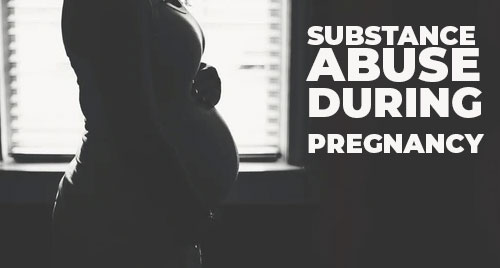- Clinic:
- 0733 945 717
- 0739 434 212

Long menstrual intervals are associated with delayed conception
February 19, 2024
Informal encounter with an aloof gynecologist
February 26, 2024Substance abuse during pregnancy underestimated

In the last three months I have encountered a substantial number of young women seeking pregnancy care who are actively using various substances.
Substance abuse during pregnancy is more prevalent than commonly realized, with up to 1 in 4 of gravidas using illicit drugs. In fact, substance abuse may be more common among women of reproductive age than among the general population.
The average pregnant woman will take four or five drugs during her pregnancy, with 82% of pregnant women taking prescribed substances and 65% using nonprescription substances, including illicit drugs. Substance abuse during pregnancy is difficult to detect because the signs and symptoms of this behavior are often subtle, self-reports of substance use may be misleading or infrequently elicited, physicians may fail to routinely screen for use, and substance abusing pregnant women may seek little or no prenatal care.
Once detected, substance abuse during pregnancy confronts the physician with issues regarding treatment, management, and maternal and fetal complications. Because pregnant women with substance use problems are more likely than non-pregnant females to seek assistance from a health care provider and to be motivated for substance abuse treatment, pregnancy offers the physician a unique opportunity for both detecting and treating substance abuse. Some would describe pregnancy as a “treatable moment” for mothers who use and abuse substances.
The four general categories of substances abused by pregnant women are central nervous system depressants, including alcohol, sedatives, anxiolytics, and hypnotics; stimulants, including cocaine and amphetamines; opiates; and hallucinogens/psychotomimetics, including lysergic acid diethylamide (LSD) and phencyclidine (PCP). With the exception of caffeine and nicotine, these substances are associated with both abuse and dependence disorders.
When you are pregnant, you are not just "eating for two." You also breathe and drink for two, so it is important to carefully consider what you give to your baby. If you smoke, use alcohol or take illegal drugs, so does your unborn baby.
First, don't smoke. Smoking during pregnancy passes nicotine and cancer-causing drugs to your baby. Smoke also keeps your baby from getting nourishment and raises the risk of stillbirth or premature birth. Don't drink alcohol. There is no known safe amount of alcohol a woman can drink while pregnant. Alcohol can cause life-long physical and behavioral problems in children, including fetal alcohol syndrome. Don't use illegal drugs. Using illegal drugs may cause underweight babies, birth defects or withdrawal symptoms after birth.
If you are pregnant and you smoke, drink alcohol or do drugs, get help.
Take a fertility test today
